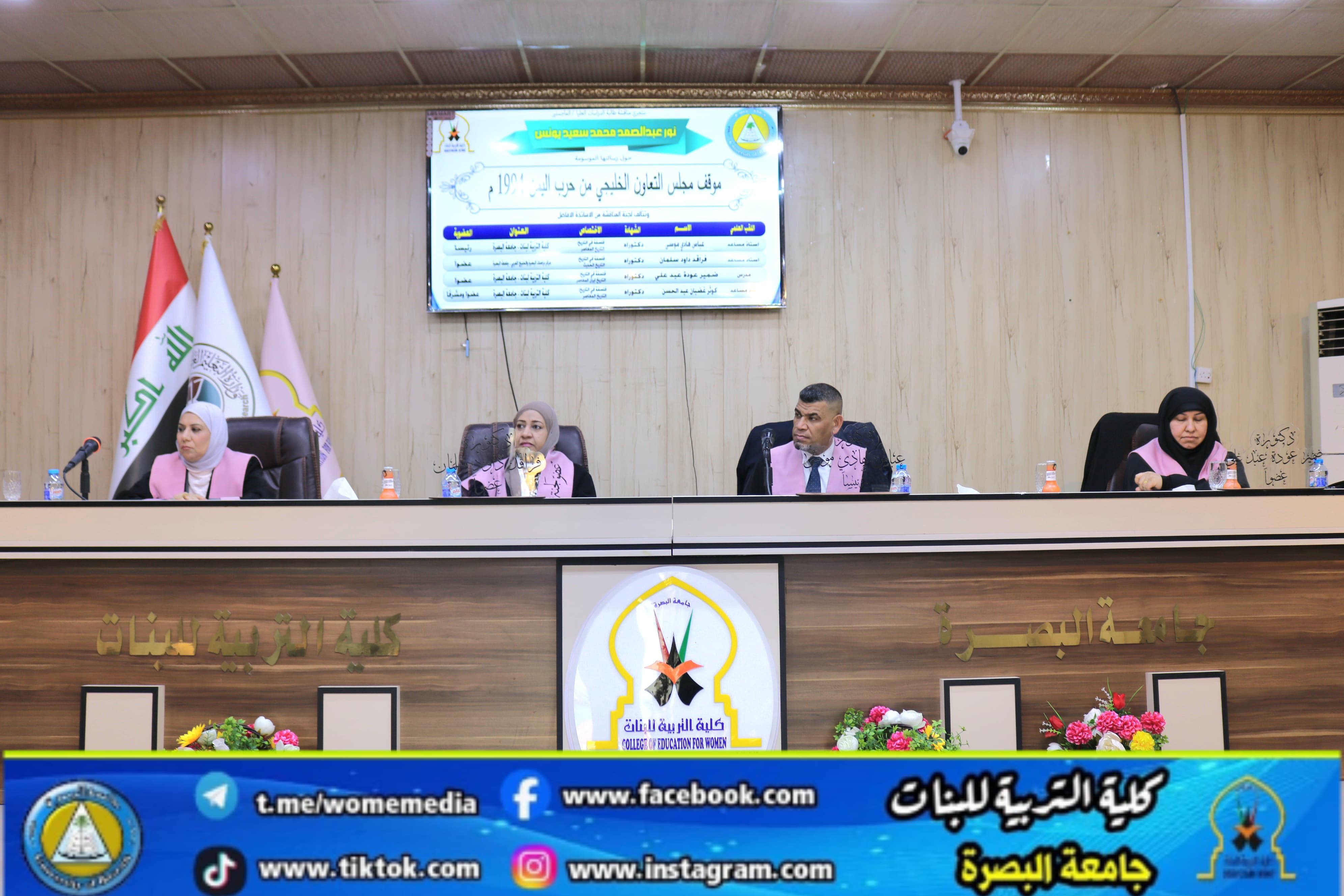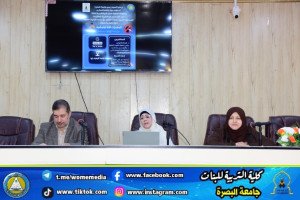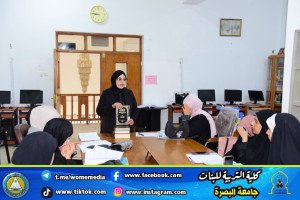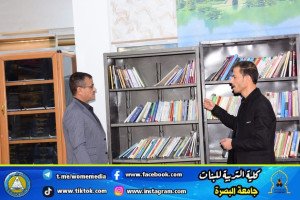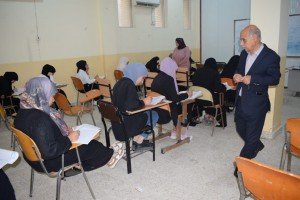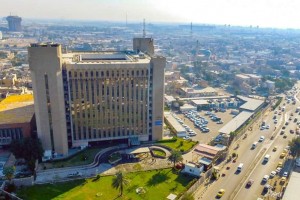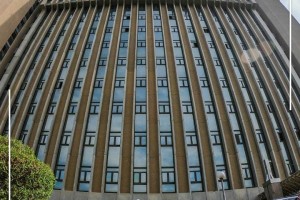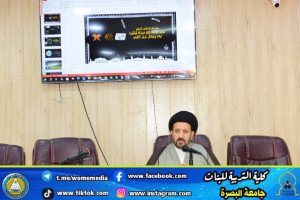
A master's thesis at the University of Basra examines "The Gulf Cooperation Council's position on the 1994 Yemen War"
A master's thesis at the College of Education for Women at the University of Basra examined "The Gulf Cooperation Council's position on the 1994 Yemen War."
The thesis, submitted by researcher Nour Abdul Samad Muhammad Saeed in the Department of History, aimed to study the political and diplomatic position of the Gulf Cooperation Council on the 1994 Yemen War, which erupted between the Yemeni government represented in the north and the democratic republic declared by southern leaders. The study focused on analyzing the positions of the Gulf states regarding this war, in the context of the regional transformations that followed Yemeni unification in 1990 and the repercussions of the second Gulf Crisis (the 1990 invasion of Kuwait).
The thesis addressed the dimensions of the Gulf position through an analysis of official statements, declared positions, and political initiatives. It also examined the roles of individual member states, particularly Saudi Arabia, Oman, and Qatar, in attempting to contain the crisis or influence its course. It also addressed the security, political, and geostrategic considerations that prompted the Gulf Cooperation Council to adopt a cautious and balanced stance, while preserving Yemen's unity and stability.
The study concluded that the Gulf Cooperation Council's position on the 1994 Yemen War varied among member states, but overall, it expressed a Gulf commitment to Yemen's stability and rejection of secession, while supporting political reconciliation efforts. The study also revealed the limited ability of the Council, as a regional organization, to intervene effectively in the internal conflicts of neighboring countries. It emphasized that the Gulf position was influenced by a number of factors, most notably security concerns about the contagion of divisions, the conflict between nationalist and Islamist trends in the region, and bilateral relations with the parties to the conflict. Department of Media and Government Communication / College of Education for Girls
